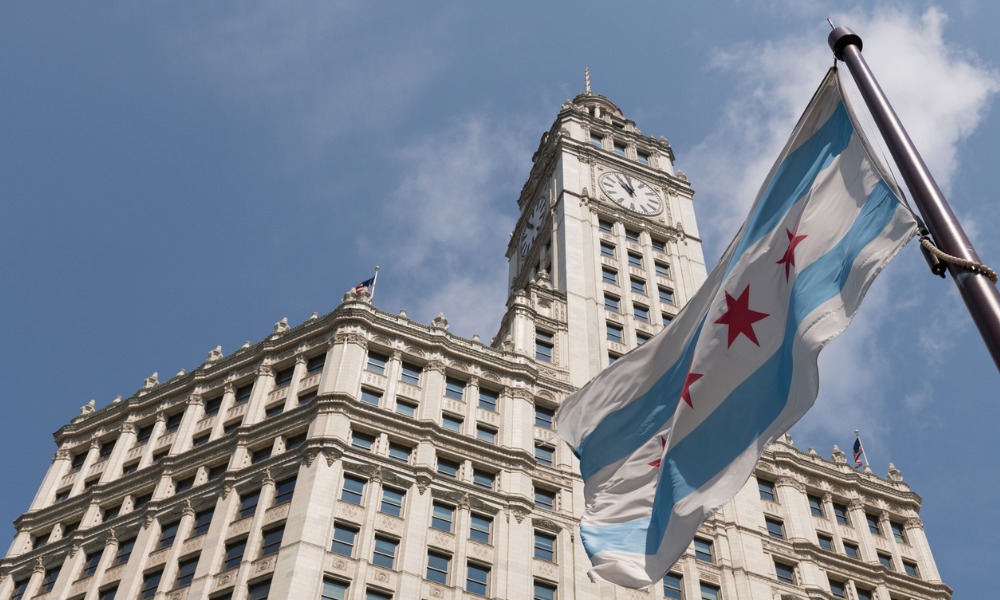The suit was filed by overseas clients attempting to reclaim ownership of a Siberian coal mine

The Illinois Appellate Court, First District, declared that the international law firm Baker & McKenzie LLP can be subject to a lawsuit in Chicago for alleged malpractice linked to its former Moscow office, according to a report by the American Bar Association Journal.
The lawsuit, amounting to US$200 million, was filed by overseas clients attempting to reclaim ownership of a Siberian coal mine, challenging the firm's handling of the case. By a majority of 2-1, the appellate court rejected the motion to dismiss the case based on the doctrine of forum non conveniens, allowing courts to decline cases that might be more appropriately or conveniently tried elsewhere. Although the alleged misconduct occurred in Russia, the court determined that legal proceedings could not be conducted there, making Chicago – a major operational base for Baker & McKenzie LLP – a suitable venue for the trial
At the heart of the dispute is whether Baker & McKenzie LLP, headquartered in Chicago, can be held accountable for the actions of its Moscow branch, Baker & McKenzie CIS-Limited. The plaintiffs argue that the firm's organizational structure – a Swiss verein comprising legally independent entities sharing a brand and certain management functions – does not exempt the Chicago office from liability for the Moscow office's alleged malpractice.
The claimants, Lehram Capital Investments and its principal shareholder, Daniel Rodriguez, had sought Baker & McKenzie's services following the detention of a Lehram official by Russian authorities in 2013, shortly after acquiring the coal mine. The lawsuit contends that Baker & McKenzie CIS-Limited's mishandling of the legal proceedings, including filing in an inappropriate court with a shorter statute of limitations and exposing Rodriguez to dangerous negotiations, led to the loss of the mine.
Baker & McKenzie LLP had proposed London as a more appropriate venue for the case, given the involvement of its London office in the initial review and referral of the coal mine case. However, the plaintiffs maintain that all entities under the Baker & McKenzie brand operate as a single unit, making the Chicago office equally responsible.
Justice Debra B. Walker presented a dissenting opinion, emphasizing the firm's Swiss verein structure and the geographic and legal distance of Baker LLP from the actions taken in Russia. She raised concerns about the fairness and practicality of burdening Cook County with a case of little local relevance, advocating for its transfer to London.
Baker & McKenzie responded to the ruling by reiterating their stance that the claim lacks merit, criticizing the choice of Cook County as a venue as forum shopping and an affront to the principles of forum non conveniens.










